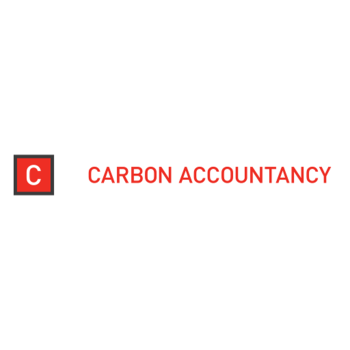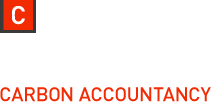Recent
Business Mondays - Carbon Accountancy's "Santa CEO" John Leyden
16 December 2020
London EC1A Community Project
16 July 2020
What Lies Ahead For Accountancy Firms Large & Small?
23 June 2020
How retailers and their suppliers can prepare for the coming year – Corona crash and Brexit combined
29 May 2020
Incubeta Ignite Virtual Learning Series - Carbon Accountancy 15% discount
4 May 2020
The Carbon Accountancy Guide to the VAT Cash Accounting Scheme
1 June 2015
Disclaimer
When considering VAT it is important to understand the implications. This guide sets out the general rules applicable to VAT. It is not intended to be a substitute for proper professional advice from your accountant or tax advisor.
Cash Accounting Scheme
Pay VAT on your sales when your customers pay you
Reclaim VAT on your purchases when you have paid your suppliers
Who can use the Cash Accounting Scheme
You can use the Cash Accounting Scheme if your estimated VAT taxable turnover during the next tax year is not more than £1.35 million. Your VAT taxable turnover includes any standard, reduced and zero-rated sales and other VAT taxable supplies, but excludes VAT itself, supplies that are exempt from VAT, and capital asset sales. Once you start to use cash accounting, you can continue to do so until your VAT taxable turnover reaches £1.6 million.
Who cannot use the Cash Accounting Scheme
you are not up-to-date on your VAT Returns and VAT payments
you have been convicted of a VAT offence or charged a penalty for VAT evasion in the last 12 months
you use the VAT Flat rate scheme.
When you must not use cash accounting
Even if you use cash accounting, you must still account for VAT using standard VAT accounting when you:
Buy or sell goods using lease purchase, hire purchase, conditional sale or credit sale
Import goods or acquire goods from other EU states
Remove goods from a Customs warehouse or free zone
Issue a VAT invoice that isn't due to be paid for six months or more
Issue a VAT invoice in advance of providing goods or service
Potential benefits of cash accounting
Using cash accounting may help your cash flow, especially if your customers are slow payers. You do not need to pay VAT until you have received payment from your customers. So if a customer never pays you, you don't have to pay VAT on.
Potential disadvantages of cash accounting
You cannot reclaim VAT on your purchases until you have paid your suppliers. This can be a disadvantage if you buy most of your goods and services on credit.
If you regularly reclaim more VAT than you pay, you will usually receive your repayment later under cash accounting than under standard VAT accounting, unless you pay for everything at the time of purchase.
If you leave the Cash Accounting Scheme you will have to account for all outstanding VAT due including any bad debts.
Joining the Cash Accounting Scheme
At the beginning of any VAT period if you are already registered for VAT
From the day your VAT registration starts if you are not already registered
If you are already registered for VAT when you start using cash accounting, you must make sure that you do not account for VAT twice on any sales or purchases. You must identify and separate any transactions in your records that you have already accounted for using standard VAT accounting.
Leaving the Cash Accounting Scheme
You may leave the Cash Accounting Scheme voluntarily at the end of any VAT accounting period. You do not need to notify HMRC. You can re-join at the beginning of any VAT accounting period, provided you meet the criteria at that point in time. You must leave the scheme if your VAT taxable turnover is over £1.6 million.
If you liked our guide to VAT cash accounting scheme then please view Carbon Accountancy services.
Written by Ahmad Waqas






